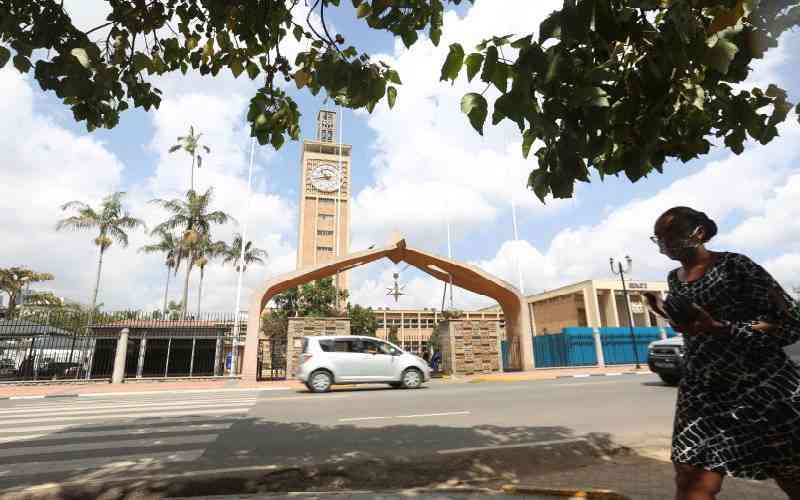×
The Standard e-Paper
Join Thousands Daily

The Senate's decision to raise the debt ceiling from Sh9 trillion to Sh10 trillion now puts President Uhuru Kenyatta in a tight spot as to how the Jubilee government will repay the borrowed cash.
Last evening, the senators unanimously voted to raise the debt ceiling giving the National Treasury room to borrow up to Sh1.4 trillion in the next two years.